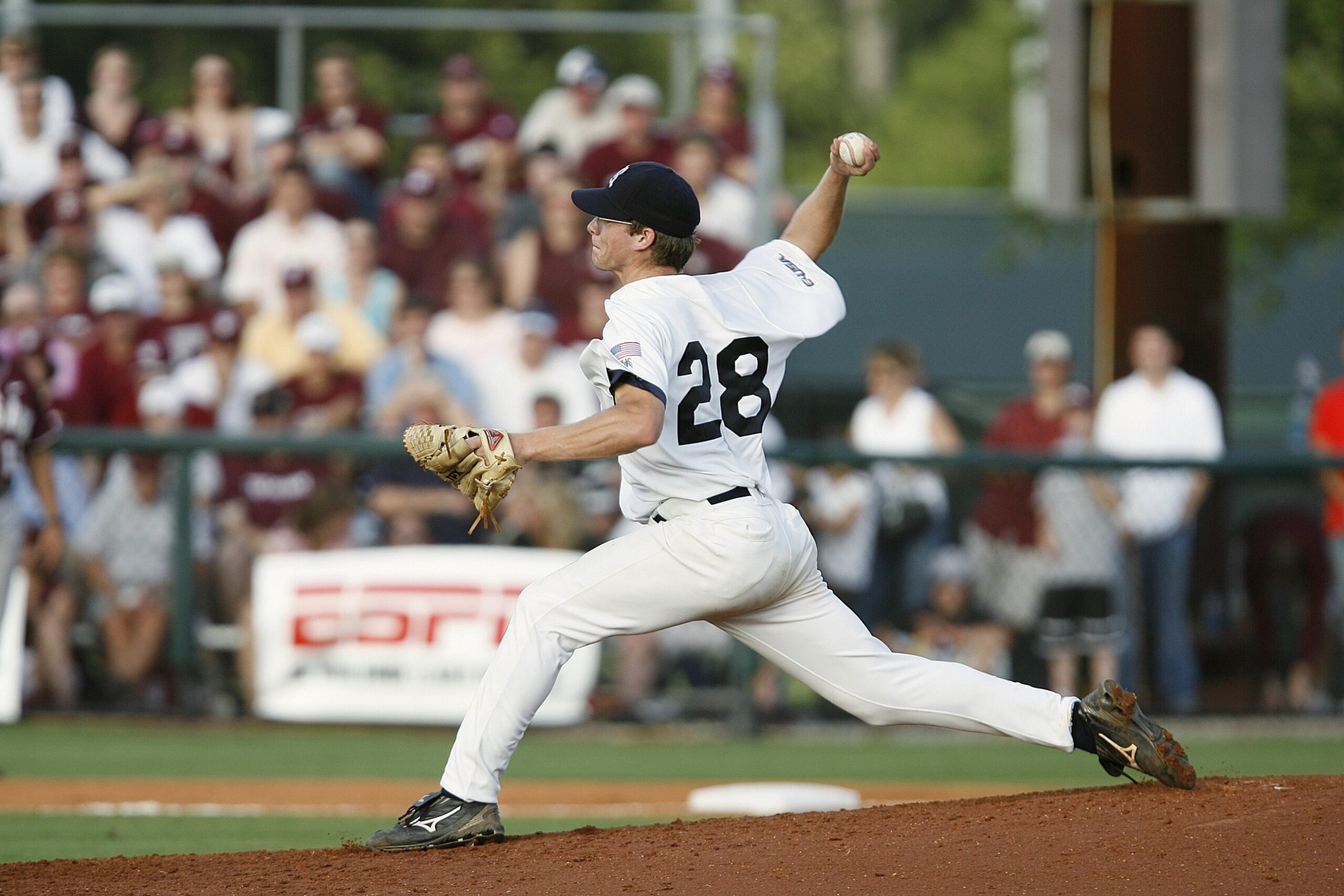Dead heat is a term used in sports betting to describe a situation when two or more participants in a race or competition finish exactly at the same time, making it impossible to determine a clear-cut winner. As more and more people are getting interested in sports betting, it is crucial to know what a dead heat means and how it affects your wager. We’ll look at what a dead heat is in sports betting and how it impacts your bets.
Dead Heat in Sports Betting
Sports Betting Terms & Concepts to Know >>
What is a Dead Heat in Sports Betting?
A dead heat is a term used in sports betting that refers to an event in which two or more competitors finish a race or game with the exact same result. In the context of sports betting, a dead heat leads to a complicated scenario where a bettor may not win as much money as they had previously anticipated.
In sports betting, a dead heat occurs when two or more horses, teams, or athletes finish a race or game with the same result. For example, if two horses finish a race at the same time, it is considered a dead heat. Similarly, if two basketball teams score the same number of points at the end of the game, it is also a dead heat.
How Dead Heats Affect the Payouts of Sports Bets
Winnings Divided
When a dead heat happens in sports betting, the odds for each of the tied competitors are usually divided by the number of competitors that finish in the dead heat. For example, if two horses finish a race in a dead heat and a bettor had placed a wager on one of the horses at odds of 5/1, their payout would be halved to 2.5/1.
Using a Push
In some cases, a dead heat may also result in a push, which means that the bettor neither wins nor loses the wager. However, this scenario does not occur frequently as most sports betting markets and bookmakers have specific rules in place for dead heats.
Dead Heats Impact Payouts
One important thing to remember about dead heats in sports betting is that they can have a significant impact on the final outcome of the wager. For example, if a bettor had placed a wager on a specific horse to win a race, but the horse finished in a dead heat with another horse, the bettor’s potential payout would be significantly reduced.
Learn How to Avoid These Common Sports Betting Mistakes >>
Types of Sports Bets That Can Result in a Dead Heat
- Horse Racing
- Golf
- Soccer
- Cricket
- Tennis
Examples of Dead Heats in Various Sports
Horse Racing
In horse racing events, there are several bets that have the potential to result in a dead heat. These bets include win, place, show or each-way bets, where the bettor places a stake on two different outcomes. For instance, in a race with two or more top-performing horses, a punter may place an each-way bet on two or more horses. If the horses finish in a dead heat, the bettor’s stake is divided among the two or more horses.
Golf
Golf, like horse racing, is another sport where dead heats are a possibility. One of the most popular bets in golf is the outright winner bet, where the punter selects which golfer will win a particular event. However, golf betting also allows for ties, meaning that the payout for betting on the winning golfer can be shared with any other golfer who finishes with the same score.
Soccer
Although rare, soccer events can also result in a dead heat. The most common type of bet that can result in a dead heat is the Asian Handicap or 3-way handicap. In this type of bet, a bet is placed on the possible outcomes of the game, either team A wins, team B wins or a draw. If a game ends in a stalemate, the bets on both teams are void, and the stake is returned to the bettor.
Cricket
Cricket is another sport where a dead heat is common. In a cricket match, a punter may place a bet on the highest run scorer, where two or more players have an equal run score. In this scenario, the payout is shared among the tied players.
Tennis
Tennis matches can also result in a dead heat, primarily when placing bets on set winners or game scores. For instance, a bettor may place a bet on a select player to win a set, and the game finishes in a tie. In this case, the bettor may get a refund for the bet placed, or the stake will be divided between the two players.




